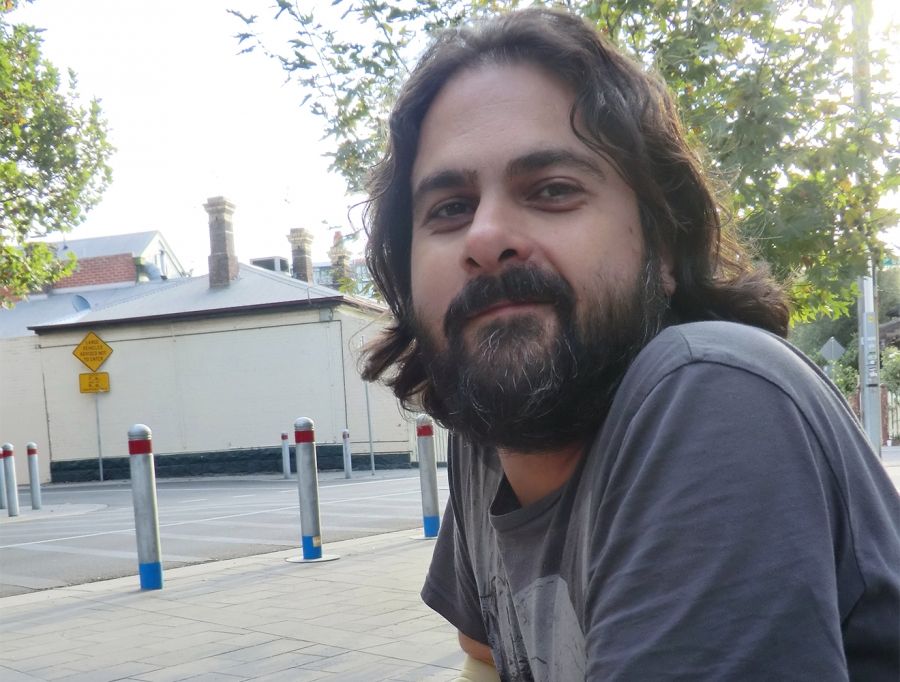
- Free Article: No
- Contents Category: Interview
- Review Article: No
- Online Only: No
- Custom Highlight Text:
In the first review of my poetry, I discovered that my writing was ‘headache-inducing’ and ‘best avoided’. I was pleased that my book had at least caused a headache for that sinister reviewer! Over the years, though, even hysterically negative reviews – and, boy, do I attract them! – don’t excite or bother me too much. The best thing I’ve got from a review is knowing that there are readers who pay attention to a book’s composition, to the labour that I’ve put into producing the thing.
- Grid Image (300px * 250px):

What prompts a new poem?
Confusion, sadness, despair. All those feelings one may wish to overcome. Writing poetry is, in an important way, the act of overcoming these things via language. Luckily for this Marxist, capitalism never fails to provide stimuli for new poems.
What have you learned from your book reviews?
In the first review of my poetry, I discovered that my writing was ‘headache-inducing’ and ‘best avoided’. I was pleased that my book had at least caused a headache for that sinister reviewer! Over the years, though, even hysterically negative reviews – and, boy, do I attract them! – don’t excite or bother me too much. The best thing I’ve got from a review is knowing that there are readers who pay attention to a book’s composition, to the labour that I’ve put into producing the thing.
What circumstances are ideal for writing poetry?
A few hours of hunger and dehydration, in combination with a solitary walk – not through sunlit rural pastures redolent with chirping birds, but through an unsightly urban wasteland of concrete, alienation, and dog turds – put me in the perfect psychosomatic state for writing a poem.
Roughly how many drafts do you produce before ‘finishing’ a poem?
Depends on the poem. Some of my more anthologised poems were written rather quickly. I would have changed only a few words of the first drafts of ‘Marco Polo’, ‘Rumi’, and ‘Listening to Michael Jackson’ prior to sending them off to be published. Not so with the poems that I’m most fond of. I genuinely think – and I understand such thinking to be quite unfashionable – that the amount of time one spends on producing a poem, or any work of art, contributes to that work’s real worth or, as we Marxists like to say, its use-value. A recent poem of mine that was in ABR, ‘I ♥ (this) Life?’, was definitely, properly – and in a very good sense of the word – laboured.
Which poet would you most like to talk to – and why?
Some of my heroes wrote poems (albeit not very good ones). Robespierre and Marx come to mind. Some of Joan of Arc’s strange statements were also poetic, in a weird way.
Do you have a favourite Australian poetry collection?
I would’ve picked an early book of Lionel Fogarty’s, but with the recent publication of Lionel Fogarty: Selected poems 1980–2017 (re:press), I’d probably pick that instead.
What do poets need most: solitude or a coterie?
Solitude, solitude, solitude.
What is your favourite line of poetry (or couplet)?
Debout, les damnés de la terre / Debout, les forçats de la faim – ‘L’Internationale’ by Eugène Pottier.
Is poetry appreciated by the reading public?
No. (And that’s perfectly fine by me.)



Comments powered by CComment